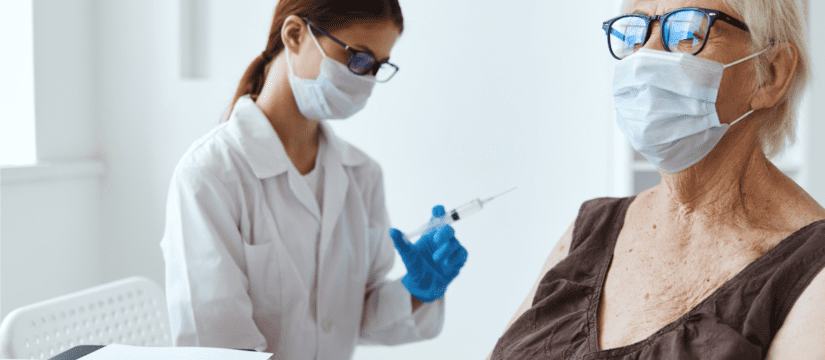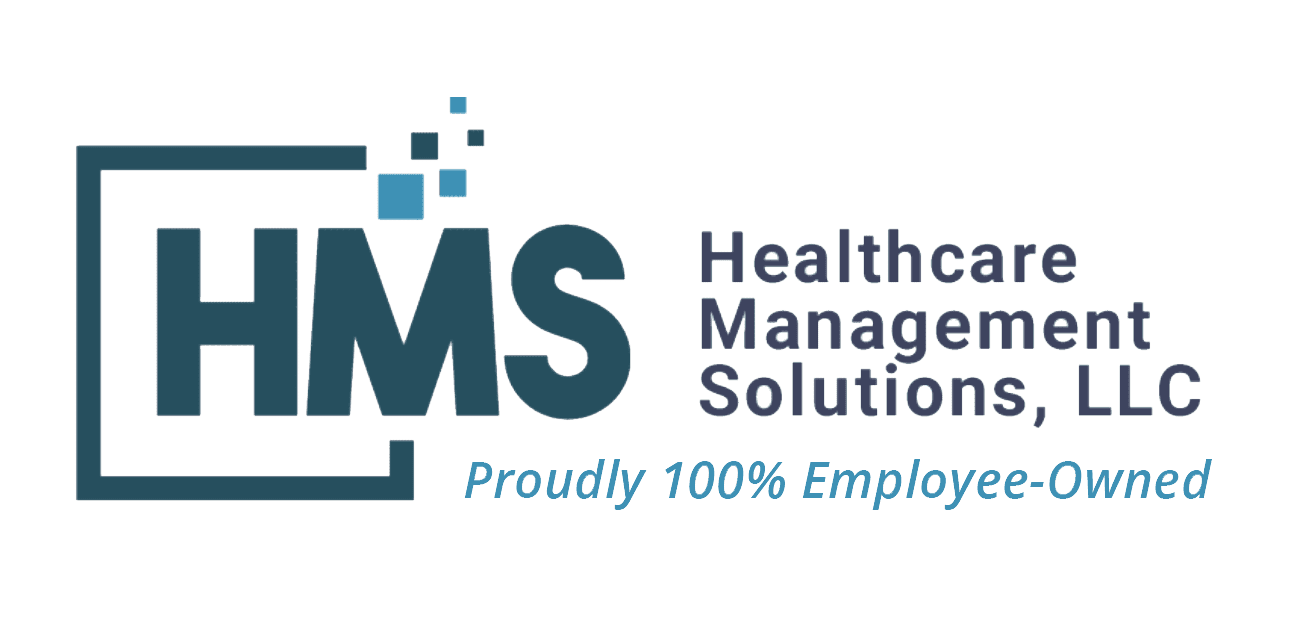
HMS Celebrates Patient Safety Awareness Week
- March 13, 2023
- 0 Likes
- 844 Views
- 0 Comments
The World Health Organization (WHO) reports that “the occurrence of adverse events due to unsafe care is likely one of the 10 leading causes of death and disability in the world.” That’s a riveting observation as we think about Patient Safety Awareness Week and focus on how our ongoing work at HMS protects vulnerable populations.
WHO added that:
- In high-income countries, it is estimated that one in every 10 patients is harmed while receiving hospital care. The harm can be caused by a range of adverse events, with nearly 50% of them being preventable.
- Each year, 134 million adverse events occur in hospitals in low- and middle-income countries due to unsafe care, resulting in 2.6 million deaths.
- The most detrimental errors are related to diagnosis, prescriptions, and the use of medicines.
Patient Safety Is Part of Our Mission
Ensuring patient safety is at the core of HMS’ work as we serve the Centers for Medicare and Medicaid as well as state agencies, using the survey process to uphold government standards in the U.S. for nursing homes and healthcare facilities.
We recognize that healthcare and nursing home workers have been through a terribly taxing time during the COVID-19 pandemic, which compounded the already enormous pressures they were under. Nursing homes were hit particularly hard by the virus.
Regardless of the public health challenges long-term care facilities face in any given year, patient safety is at risk whenever healthcare companies put profits above quality care, or over-stressed workers cut corners or succumb to burnout.
Advancing a Systems Approach to Patient Safety
The Institute for Healthcare Improvement recommends a systems approach to patient safety, enumerating what it terms four foundational areas to advance change. Here is a brief summary paraphrasing their recommendations:
- Leaders, governing bodies, and policymakers must demonstrate and foster a deeply held professional commitment to safety as a core value and promote the development of cultures of safety.
- Spread authentic patient and family engagement to ensure their meaningful partnership in all aspects of care design, delivery, and operations.
- Ensure the safety and resiliency of the organization and the workforce to help advance patient safety, working toward a unified, total systems-based approach to eliminate harm to both patients and the workforce.
- Establish reliable learning systems within and across healthcare organizations to encourage widespread sharing, learning, and improvement.
HMS surveys hundreds of facilities each year for CMS and state agencies. We are not present at facilities to serve as consultants, but rather to ensure they are meeting standards. As a general observation, however, the more proactive nursing homes and healthcare workers can be in prioritizing patient safety, the less reactive they will need to be in response to facility survey results.
Protecting Patient Safety Is Personal for HMS
Why is HMS so committed to doing this important work and to ensuring patients’ and residents’ safety? The reason goes back to HMS’ formative days. As our founder, Leah Heimbach, has shared: Caring for vulnerable populations is personal for her. When her mother and father-in-law were in nursing homes, her eyes were opened to the crucial role oversight plays in ensuring that facilities meet federal and state standards of care.
Everyone at HMS shares Leah’s perspective that at any time, a family member or even we ourselves could need nursing home care. Vulnerable populations deserve the same high standards we would demand for ourselves and our loved ones. The quality and safety of that care must be regularly reviewed and facilities must continually be held accountable.

